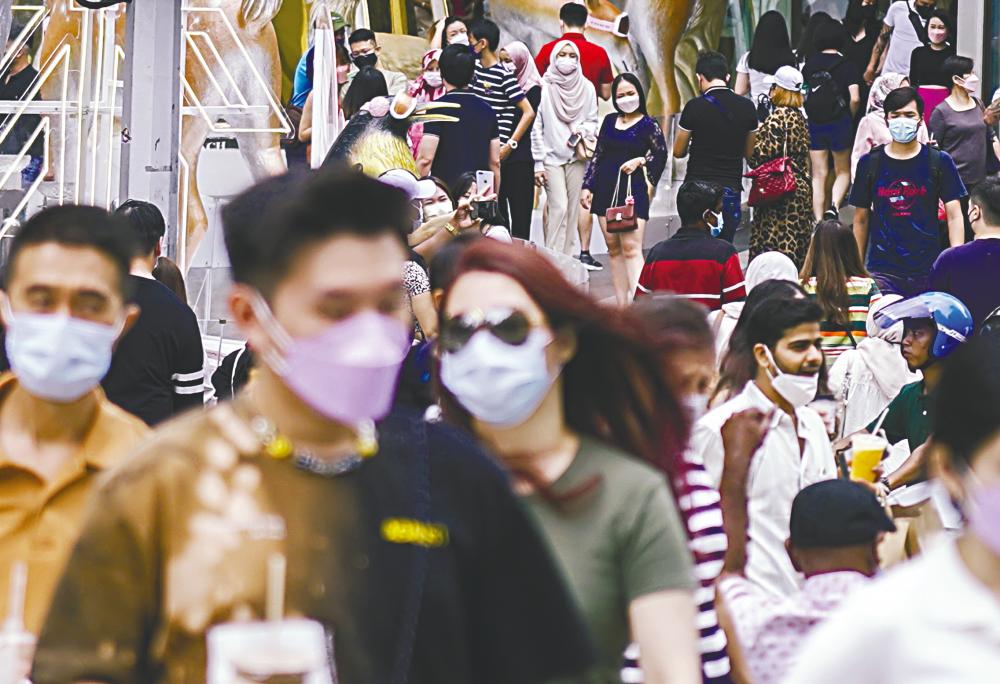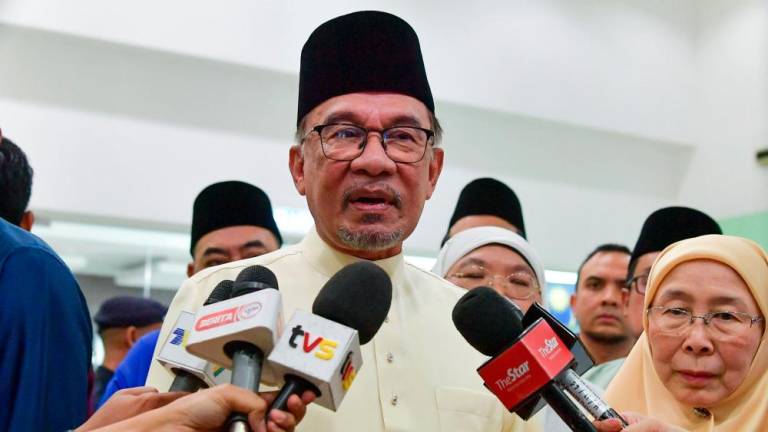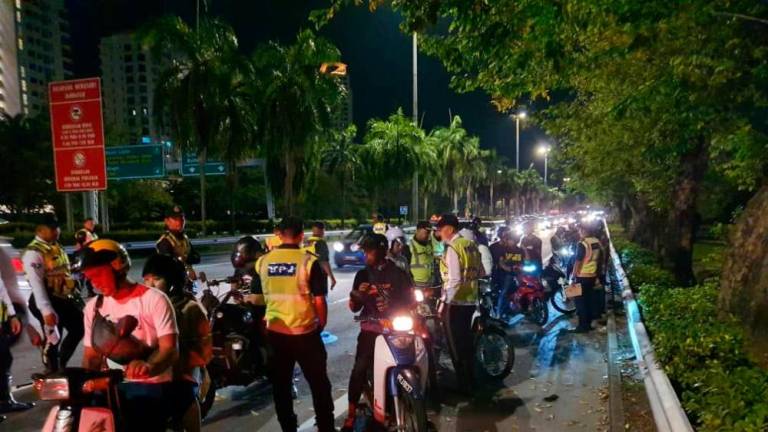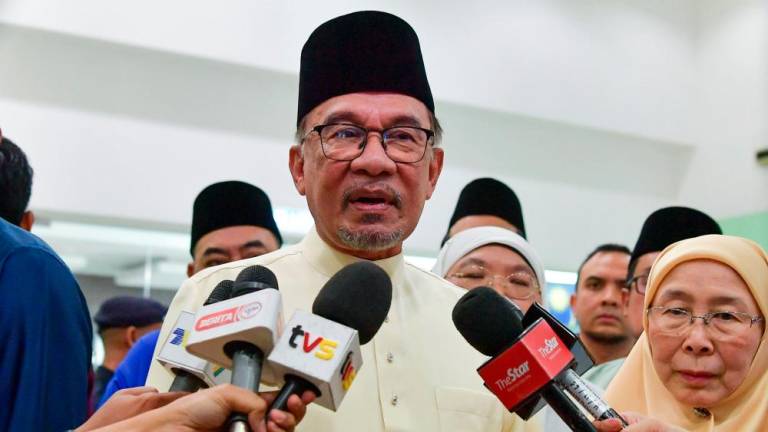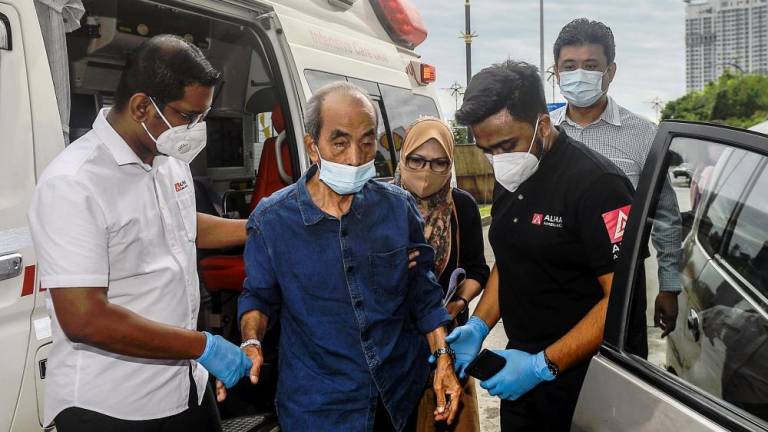PETALING JAYA: It is time for a gut check in the Covid-19 war.
While restrictions have been eased, the emergence of the Omicron strain of the coronavirus has brought home the painful truth that the war is far from over.
To compound matters, at least 30 of the 50 mutations of the virus may be resistant to the vaccines available now, and Malaysia is not short of avenues for the coronavirus to spread.
According to virologist Dr Sandy Loh of University of Nottingham Malaysia, the immediate concern would be the Sarawak election, which will be held on Dec 18.
“It may turn out to be a pathway for Omicron to spread within the community.”
Last Friday, the World Health Organisation categorised Omicron, which was first detected in South Africa last week, as a “variant of concern”.
Loh pointed out that the number of infections of the Omicron variant appeared to be rising in almost all provinces in South Africa.
“Experts believe this indicates that Omicron is potentially more transmissible.”
The strain has also been detected in the United Kingdom, Germany, Israel, Italy, the Czech Republic and Hong Kong.
More worrying is the lack of evidence to show that currently available vaccines and natural immunity in humans are enough to keep it at bay.
Loh said it has yet to be determined whether Omicron would cause more severe symptoms.
“This variant will cause the usual Covid-19 symptoms, but we still don’t know if there are symptoms unique to it,” she said.
“We are also unsure if the anti-viral regime now in use is effective in treating severe symptoms of the infection.”
She pointed out that if the new variant is resistant to the vaccines currently available, it would be the “greatest disaster” globally, especially in countries where winter is setting in and people are preparing for Christmas celebrations.
She said in Malaysia, the risk is equally great, given that a state election is coming soon.
Loh noted that given the rapid mutation of Omicron, it would be difficult for any country to be properly prepared.
“Enhanced surveillance and laboratory assessment are definitely essential, especially at international borders. But we also have questions. For instance, will the PCR (polymerase chain reaction) and the rapid antigen tests still work well enough?”
Loh said it would be appropriate for the Malaysian government to bar all foreigners from entering the country for now, rather than just those from South Africa.
Universiti Malaya head of social and preventive medicine Dr Victor Hoe recommended multiple layers of protection, in line with the Swiss Cheese Model.
Hoe pointed out that South Africa, with a low 24.1% vaccination rate, is hardly a good measure of the effectiveness of vaccination against Omicron in Malaysia, where the rate is about 90% and booster shots are already being administered.
Nonetheless, he advised continued observance of the standard operating procedures (SOP), such as wearing face masks, ensuring hand hygiene and physical distancing.
Hoe commended the Health Ministry for its quick action when news of the new variant broke.
“We just have to ensure that all travellers visiting or returning to Malaysia must be fully vaccinated and be put under quarantine for a week.”
He said this would help to slow the spread of new variants in the country, adding that if there is strong public health measures, there is no need to close borders or restrict movement.
Malaysian Medical Association president Dr Koh Kar Chai said experts are concerned that the new variant’s large number of mutations may help it spread and even be unaffected by antibodies from prior infection or vaccination.
“Malaysia will need to beef up efforts in surveillance and genomic sequencing to monitor the prevalence of the new variant.
“The people will need to continue observing the SOP stictly, even if they have been fully vaccinated and have had booster shots. Those who are not vaccinated yet must get theirs as soon as possible,” he said.
“We should not let our guard down.”




